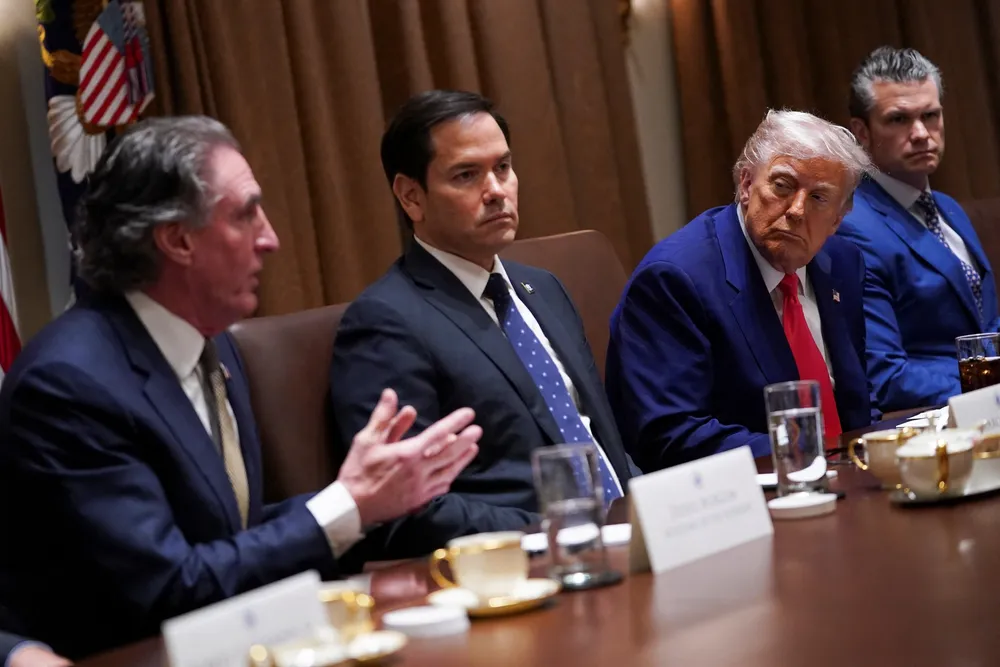Trump eases pressure regulations for popular US Gulf play
Interior says new Paleogene rules could lead to 10% output boost

Adding to a laundry list of energy actions by President Donald Trump, the US Department of the Interior (DoI) will ease pressure regulations on offshore operators in the popular Paleogene play in the US Gulf.
DoI’s Bureau of Safety and Environmental Enforcement (BSEE) will relax its parameters for downhole commingling in the Paleogene by expanding the allowable pressure differential between reservoirs more than sevenfold from 200 pounds per square inch (psi) to 1500 psi.
The commingling rules govern pressure difference limits between multiple reservoirs that are producing from the same wellbore.
DoI said the move, made after consultations with offshore industry leaders, could increase US offshore production by about 10%, or 100,000 barrels per day over the next decade.
The policy will also help “get more value from every well”, a DoI announcement said.
“This is a monumental milestone in achieving American Energy Dominance,” DoI Secretary Doug Burgum said in a statement. “We’re delivering more American energy, more efficiently, and with fewer regulatory roadblocks. That means lower costs, more jobs, and greater security for American families and businesses as President Trump promised. Through smart collaboration and decisive leadership, we’re showing what’s possible.”
Sanctioned developments in the Paleogene include Chevron’s Anchor, Beacon Offshore Energy’s Shenandoah, Shell’s Sparta and BP’s Kaskida. BP could sanction another 20k development in the Paleogene, Tiber, later in 2025.
Anchor reached first oil last year, while Shenandoah is scheduled to come online later this year. Sparta and Kaskida are slated for production by 2028 and 2029, respectively.
(Copyright)